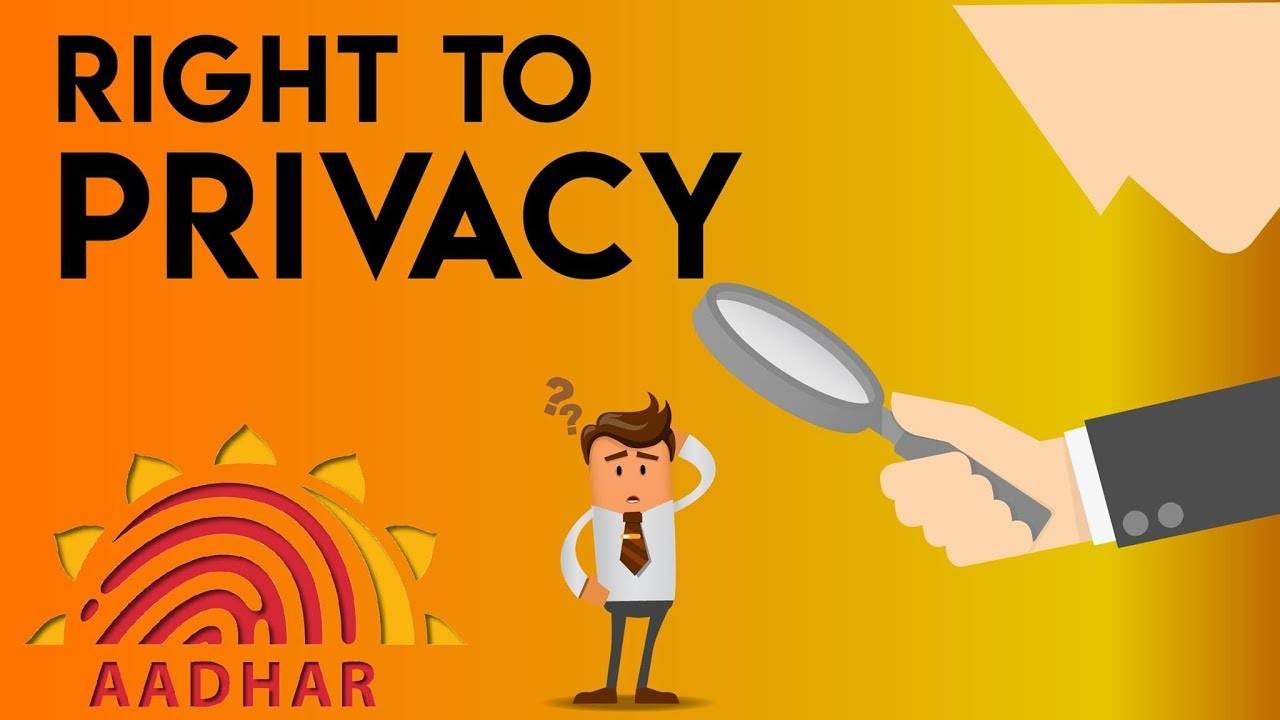“Recent discussions on privacy focus on two issues that are: Surveillance and Right to Privacy”.
Abstract
Privacy should be protected in every aspect but it is subjected to certain restrictions under the provision of Constitution of India and other relevant statutory provisions in force. With a view to conquer growing privacy challenges in the country and in order to effectively address the privacy issues, the Planning Commission of India had directed the constitution of a ‘Group of Experts’ to identify the privacy issues and draw up a report on the same to facilitate authoring of privacy bill for India. The Expert Committee, which submitted its report in 2012, analyzed various international privacy principles and the existing privacy legislations in India. According to the recommendation of the Committee, the Privacy Act should put into place a regulatory framework for both public and private sector organizations and further aim to harmonize all statutory legislations in regard to privacy laws in India.
Surveillance and Right to Privacy
The recognition of privacy as a right first came up when the Supreme Court interpreted that right to privacy isn’t guaranteed under the Constitution yet the said right is an essential ingredient of personal liberty which is implicit in Article 21 of the Constitution[1]. Later the Supreme Court of India has recognized Right to Privacy as a fundamental right but this right is not absolute[2]. As India has implemented a wide range of data sharing and surveillance schemes to increase public safety and security by tackling crime and terrorism. However, these projects have since raised major privacy concerns. There are two main laws that regulate digital and telephonic surveillance, respectively: The Information Technology Act, 2000 and The Indian Telegraph Act, 1985. These acts involve mass interception of communication, keyword searches, and access to user’s data. They suggest that Indian state is moving towards large-scale monitoring of its population. Apart from the above two statues, a number of criminal statutes provide for the interception of communications and how such intercepted communications may be used. Section 91 of Code of Criminal Procedure,1973 states that a Court in India or any officer in charge of a police station may summon a person to produce any document or any other “thing” that is necessary for the purposes of any investigation, inquiry, trial or other proceeding under the Code of Criminal Procedure..
Similarly, the Aadhaar which would be linked to a resident’s demographic and biometric has become the focal point of debate on right of privacy, threats to data security and citizens’ rights to privacy go far beyond it.While the enactment of much needed privacy laws seems to be not a priority, the government is uncontrollably enacting policies and regulations for surveillance through systems like the Centralized Monitoring System, NITRA, NATGRID (for collecting data from across databases) in the interest of National Security and linking citizens and databases across the unique identity number in Aadhaar. Irrespective of different states having different laws on privacy, privacy has been recognized as a fundamental human right in the UN Declaration of Human Rights (“UDHR”), the International Covenant on Civil and Political Rights (“ICCPR”) and in many other international treaties. The UDHR and the ICCPR are binding upon India, as India is a signatory to both of these conventions; however no consequent and explicit legislation has been passed by India in this regard.
Conclusion
“Life as we know is something more than one’s mere survival and existence; therefore, the right to privacy is an inherent right to every citizen of the country.”
As every day is advancing, this right is becoming more and more essential. With all our existence being exposed to the media through social networking sites or the spy cameras, the security is to be given to everyone and it should act in such a manner that no one should think to intrude the right to privacy of the individuals With ‘right to privacy’ being a fundamental right being questioned, the substantial growth and development in the technology sector, extensive growth of Internet users, the digital India program, implementation of CMS, NATGRID, Aadhaar and other government initiatives, an all- inclusive legal framework that governs both the private companies and the government agencies needs to carry out in line with the global data protection policies and the international human rights standards. It becomes evident that specific privacy legislation is imperative and urgently required in order to safe guard the privacy of individuals.
[1] Kharak Singh v State of Uttar Pradesh, 1964 SCR (1) 332
[2] Justice K.S. Puttaswamy v. Union of India, WRIT PETITION (CIVIL) NO 494 OF 2012
Author: Umang Bhatla,
Delhi Metropolitan Education affiliated to GGSIPU, 3rd Yr.

